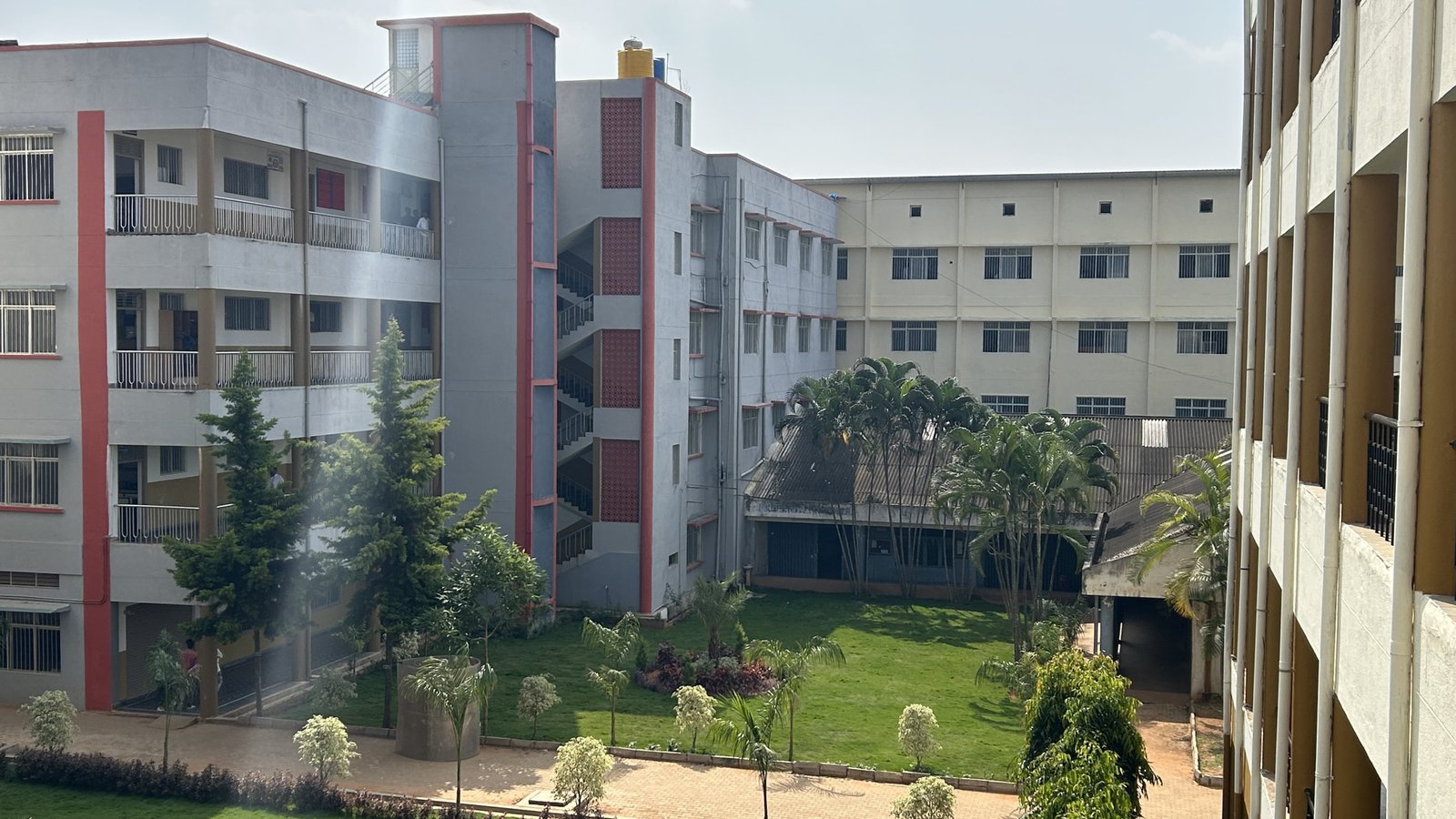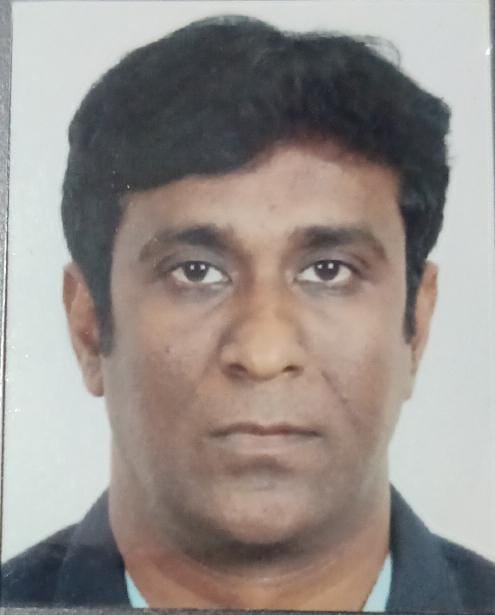RLJ Institute of Technology is not only renowned for its excellence in engineering
education but also for its comprehensive Master of Business Administration (MBA)
program. The institute recognizes the need for business leaders who possess a strong
foundation in management principles and strategic thinking, and thus offers an
exceptional MBA curriculum tailored to meet these requirements.
The MBA program at RLJ Institute of Technology is designed to equip students with a
holistic understanding of various facets of business management. The curriculum covers
key areas such as finance, marketing, human resources, operations, entrepreneurship, and
leadership. Through a combination of rigorous coursework, practical projects, case
studies, and industry internships, students develop the essential skills and knowledge
needed to excel in the dynamic world of business.
At RLJ, experienced faculty members with extensive industry experience guide students
through the intricacies of management theory and practice. The faculty’s expertise,
coupled with the institute’s strong industry connections, enables students to gain
valuable insights into real-world challenges and develop innovative solutions.
RLJIT Institute of Technology fosters a conducive learning environment for its MBA
students, offering state-of-the-art infrastructure, well-equipped classrooms, and access
to extensive business libraries and databases. Additionally, the institute encourages
active participation in industry conferences, guest lectures, and networking events to
enhance students’ exposure and understanding of current business trends.
Upon completing the MBA program at RLJ Institute of Technology, graduates are equipped
with the knowledge, skills, and confidence to assume leadership roles in diverse
industries. They find rewarding career opportunities in corporate organizations,
startups, consulting firms, and government agencies, among others.
RLJ Institute of Technology’s MBA program is a gateway to a successful career in the
business world, empowering students to become effective leaders, innovative problem
solvers, and strategic thinkers in today’s competitive global marketplace


Dr. Allah Bakash is working as a Professor and Head, Department of Master of Business Administration (MBA), R.L. Jalappa Institute of Technology, Doddaballapur, Karnataka, India. He received his M.B.A from Bangalore University, Ph.D. in the field of Management Studies from Dr. M.G.R University and Post Doctorate that is D.Litt. (Doctor of Literature) in the field of Business Studies and Management from Berhampur University. He has 16+ years of Teaching Experience in various Management Colleges and around 4 years of Industry Experience. His area of interest is Consumer Behaviour, Advertising, Retail Management, Research Methodology, International Marketing, Brand Management and Organizational Behaviour. He has published several research articles in reputed national and international journals and presented research papers in the national and international conferences. He was the Board of Examination Member (BOE) for the VTU MBA Board for 2 times. He is also the adjudicator of Ph.D thesis. He is also the Approved Research Supervisor under VTU and currently is guiding 3 Ph.D Scholar under Visvesvaraya Technological University, Belagavi.
HOD, Department of MBA, RLJIT
1. To provide a Conducive Learning Environment with State of the Art Infrastructure, Enhancing Professional Skills and Abilities.
2. To provide Opportunities for Developing Leadership and Managerial Competencies.
PEO1: Graduates will have prospective careers in public and private sectors.
PEO2: Graduates will have Good Management skills in Work Place.
PEO3: Graduates will have Blend of Administrative, Business and Managerial Exposure, function efficiently in various domains of Management.
PSO1: Students are able to apply conceptual foundations of management to solve practical decision making problems.
PSO2: Students are able to adapt to dynamic changes in an environment with an understanding of societal and ecological issues.
PSO3: Excellent adaptability to function in multi-disciplinary work environment, good interpersonal skills as a good Leader.
1: Engineering knowledge: Apply the knowledge of mathematics, science, engineering fundamentals, and an engineering specialization to the solution of complex engineering problems.
2: Problem analysis: Identify, formulate, review research literature, and analyze complex engineering problems reaching substantiated conclusions using first principles of mathematics, natural sciences, and engineering sciences.
3: Design/development of solutions: Design solutions for complex engineering problems and design system components or processes that meet the specified needs with appropriate consideration for the public health and safety, and the cultural, societal, and environmental considerations.
4: Conduct investigations of complex problems: Use research-based knowledge and research methods including design of experiments, analysis and interpretation of data, and synthesis of the information to provide valid conclusions.
5: Engineering Tool Usage: Create, select, and apply appropriate techniques, resources, and modern engineering and IT tools including prediction and modeling to complex engineering activities with an understanding of the limitations.
6: The Engineer and The World: Apply reasoning informed by the contextual knowledge to assess societal, health, safety, legal and cultural issues and the consequent responsibilities relevant to the professional engineering practice.
7: Ethics: Apply ethical principles and commit to professional ethics and responsibilities and norms of the engineering practice.
8: Individual and Collaborative Team Work : Function effectively as an individual, and as a member or leader in diverse teams, and in multidisciplinary settings.
9: Communication: Communicate effectively on complex engineering activities with the engineering community and with society at large, such as, being able to comprehend and write effective reports and design documentation, make effective presentations, and give and receive clear instructions.
10: Project management and finance: Demonstrate knowledge and understanding of the Engineering and management principles and apply these to one’s own work, as a member and leader in a team, to manage projects and in multidisciplinary environments.
11: Life-long learning:Recognize the need for, and have the preparation and ability to engage in independent and life-long learning in the broadest context of technological change.